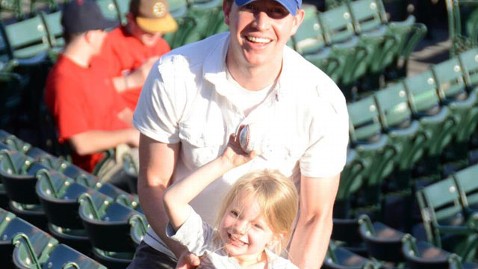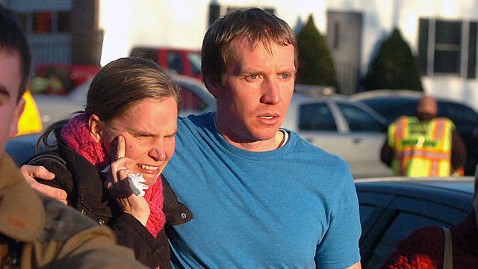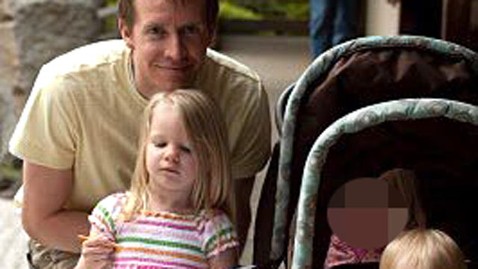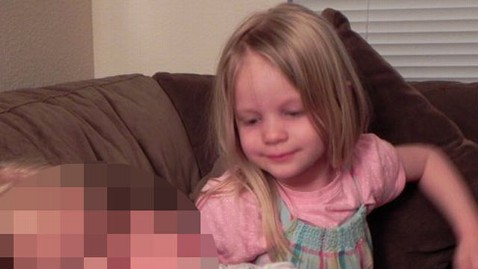WASHINGTON: The latest mass shooting in the United States - this time with 20 children among the dead - is triggering a deluge of calls for President Barack Obama to address gun control, a politically sensitive issue which he avoided during his first term in the White House.
With the nation in shock over the carnage on Friday, Obama went on television and wiped away tears as he mourned the slain, which included six adults killed at the Newtown, Connecticut, elementary school and another elsewhere.
The president stressed he was particularly saddened as a parent. He and wife Michelle have two young daughters.
"We have to come together and take meaningful action to prevent more tragedies like this," Obama said in his weekly radio address on Saturday. "Regardless of the politics."
He did not go into details, however, and proponents of gun control are getting impatient.
"The country needs (Obama) to send a bill to Congress to fix this problem," said New York Mayor Michael Bloomberg. "Calling for 'meaningful action' is not enough. We need immediate action. We have heard all the rhetoric before."
White House spokesman Jay Carney said on Friday it was too early to address the issue. "There is I'm sure - will be, rather, a day for discussion of the usual Washington policy debates, but I don't think today is that day," Carney said.
People reacted quickly. "Today is the day," read banners held by activists outside the White House in a vigil within hours of the school shooting.
A petition for tougher gun control legislation had more than 80,000 signatures on the White House website Saturday.
The Connecticut killings are unspeakably gruesome because such small children were involved.
But they are not the first such massacre under Obama's watch.
In January 2011 in Arizona six people died at the hands of a shooter targeting Democratic Representative Gabrielle Giffords, who took a bullet in the head but survived.
This summer 12 people were shot in Colorado during a midnight screening of a Batman movie.
Obama visited both cities and spoke of the need to crack down on gun violence. He promised to work with Congress and achieve a consensus.
But that is all. His timidity on the issue has been attributed to wariness of alienating voters who believe their constitutional right to bear arms is sacred, deserves a broad interpretation and is not to be touched.
The gun buff and manufacturers lobby, the National Rifle Association, is very critical of Obama even though he has done little that goes against its platform. Its pockets are deep, and it tries to influence local elections. Both Democrats and Republicans are wary of tangling with it.
But after winning re-election in November, Obama will not face the voters again and Jonathan Lowy, director of the Brady Center's Legal Action Project, said the NRA is nothing to fear.
"President Obama and other Democrats have really misread and overestimated the strength of the gun lobby," said Lowy, whose organisation is named for James Brady, the White House press secretary who was shot and left disabled in an assassination attempt on then president Ronald Reagan in 1981.
"The fact is they have very loud bark, but they have very little bite," he told AFP on Saturday.
"In the past election, they (the gun lobby) spent a lot of money - 99 percent of it was towards losing candidates, and that holds true in virtually every election cycle," Lowy said. "They spend a lot of money, they make a lot of noise and their candidates lose, so they really are not a force to be afraid of."
Left-leaning or moderate news outlets also urged the president to take action.
"Obama told the nation that he reacted to the shootings in Newtown 'as a parent,' and that is understandable, but what we need most is for him to act as a President, liberated at last from the constraints of elections and their dirty compromises - a president who dares to change the national debate and the legislative agenda on guns," David Remnick wrote in The New Yorker.
- AFP/de













